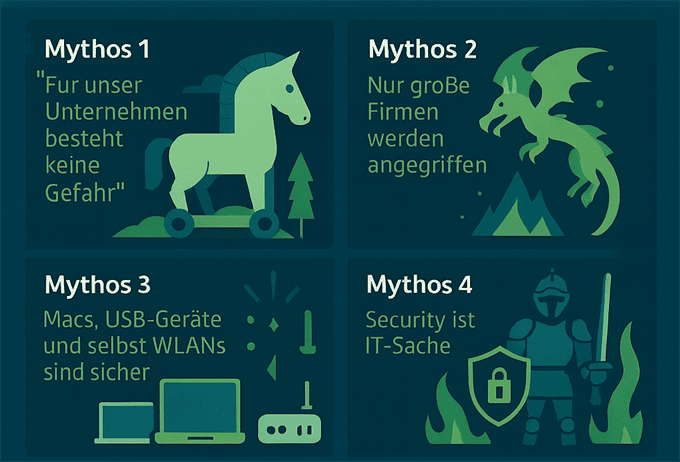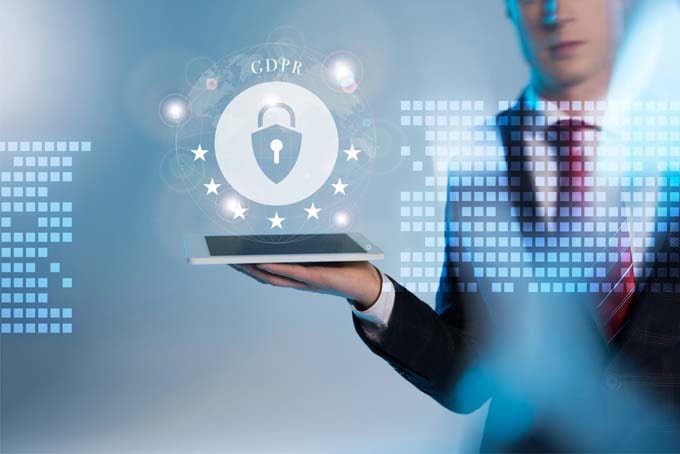Online shopping: Seven tips for safe shopping
Just in time for Christmas, online shops are once again tempting shoppers with great offers and customers are storming the digital shopping malls. Hot on their heels: cybercriminals who are after sensitive data. Seven tips for safe online shopping.

Online retail is booming. However, the appeal of online shopping is also attracting cybercriminals. With the following seven tips from NordVPN consumers can protect themselves from scams.
- Create multiple email addresses
Especially during the hottest shopping phase of the year, fraudsters tempt users to register on fake sites using their name and email address. In this way, criminals can obtain information that facilitates the hacking of private and business e-mail accounts. Anyone who wants to indulge in safe shopping or use other portals with registration should therefore create a special address for online shopping only, which, if possible, does not allow any conclusions to be drawn about the real name or employer. If hackers nevertheless gain access to the account, the damage is usually limited.
- Shop on secure websites
Once all private and business accounts are secured, the focus should be on surfing protection. Secure pages can often be identified in the browser by the URL - it then begins with "https://". The "s" stands for "secure" and indicates that at least one TLS encryption is active on this page. TLS stands for Transport Layer Security and describes an encryption protocol for secure data transmission. Of course, there are other security measures, but HTTPS offers at least basic protection for your own data.
- Pay attention to correct URLs
Unfortunately, not all fraudulent websites can be exposed simply by looking at the URL. There are also scam sites that use HTTPS. Users should therefore make sure that they are on the correct shop page and pay particular attention to the spelling. If parts of the company name in the URL are replaced by numbers (such as in "n1ke"), it is most likely a scam site.
- Be careful with shortened and cryptic URLs
In social networks, where space for text is often very limited, the use of URL shorteners has become established. These helpers turn a very long URL into a short one. The problem is that these URLs are cryptic. The URL https://bit.ly/1uA9DkP for example, leads to the NordVPN page. At first glance, it is not possible to see where the link leads. Only a click on the link or a close examination via mouseover reveals the destination. Fraudsters can thus suggest a false sense of security, because the shorteners use HTTPS, but this only applies to the redirect, not necessarily to the destination page. In addition, users can no longer tell if it's even the correct website of a store by looking at a flashy URL before visiting the page. Before clicking on the link, users should therefore check whether the source is trustworthy. If there are any doubts, the more cumbersome way to the official shop page via a search engine is safer.
- Use an ad blocker
Caution is the mother of internet safety, but there are also tools that make the internet experience much safer. These include ad blockers, for example. They prevent websites from displaying advertisements and pop-ups from opening. At best, these ads, which come from external sources, simply track visitors' online activity. Often, however, the ads entice visitors to visit third-party sites. Since website operators do not usually check these ads and pop-ups in detail, questionable links are often included. In the worst case, the hope of a bargain turns into the horror of a hacker attack.
- You better shop invisible
Careless surfing on the Internet is a big problem - especially when making purchases online and handling sensitive logins or even bank data. But physical location can also prove to be critical to security. Public networks on buses and trains or in the café on the corner are popular gateways for data pirates. Users should therefore generally avoid connecting to such networks unless they can protect themselves. For example, with a VPN.
- Cover your tracks with a VPN
Not only in public networks, but also when shopping online at home, Virtual Private Networks are a guarantee for privacy when surfing. VPNs encrypt the online activities of their users and their IP address. The system is even more effective in the home network: If the VPN tool of choice runs directly on the router, all devices connected to it are protected.
"In addition to classic tools such as anti-virus software, users nowadays have access to a variety of apps such as VPNs to protect themselves," emphasizes Joanna Rusin-Rohrig, Country Manager DACH at NordVPN. "But all the privacy tools are of no use if users themselves don't pay attention to their own protection. Even when shopping online, they should only disclose information that is absolutely necessary. If websites ask for unusual data such as a personal ID number or a password, the likelihood of a fraud attempt is high."
Source: NordVPN









